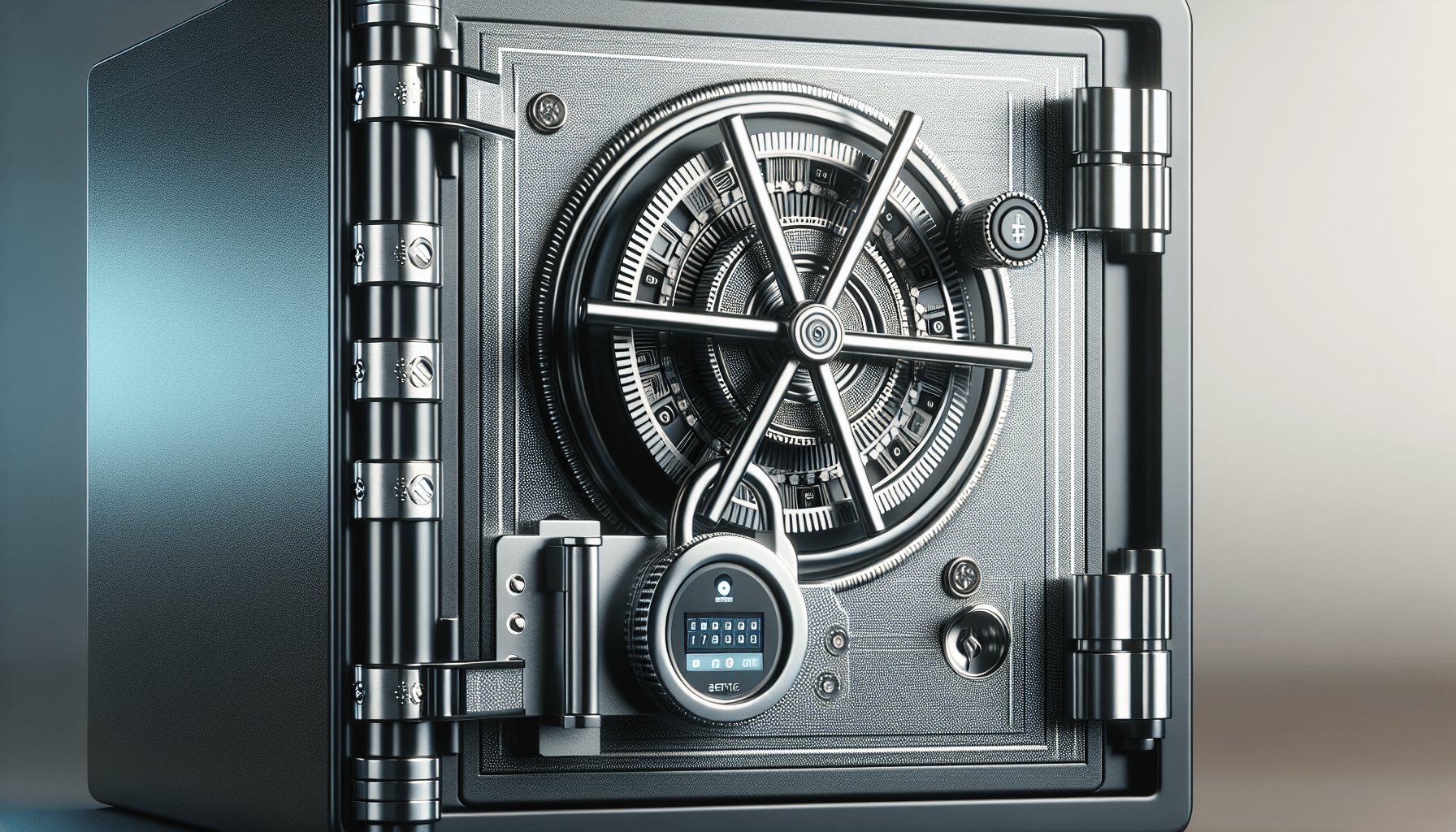
In the rapidly evolving world of cryptocurrency, the importance of secure storage cannot be overstated. With the increasing value and popularity of digital assets, the risk of theft, loss, or unauthorized access has also risen. As a crypto investor, it’s crucial to understand the best practices for storing your valuable investments safely and effectively. In this comprehensive guide, we’ll explore the various options available for securing your digital assets, including hardware and software wallets, exchange storage, and the importance of understanding blockchain security.
Understanding the Risks of Crypto Storage
Before delving into the safe storage practices, let’s first discuss the potential risks associated with storing cryptocurrencies. The primary risks include:
- Theft: Hackers and scammers target cryptocurrency exchanges, wallets, and users, using various tactics to steal funds. This can be done through phishing, social engineering, or malware attacks.
- Loss: Accidental deletion, formatting, or damage to storage devices can lead to permanent loss of funds.
- Unauthorized access: In the event of a security breach or weak password protection, unauthorized parties may gain access to your wallet, compromising your funds.
- Price volatility: Market fluctuations can lead to significant losses if you’re not prepared to manage your crypto assets effectively.
Hardware Wallets: The Ultimate Security Solution
Hardware wallets, also known as cold storage wallets, are considered the most secure option for storing cryptocurrencies. These devices are designed to store private keys offline, on a physical device that is not connected to the internet. Popular hardware wallet options include:
- Ledger: A French company that has developed several hardware wallets, including the popular Ledger Nano S and X, which support a wide range of cryptocurrencies.
- Trezor: A Czech-based company that offers a range of hardware wallets, including the Trezor One and Model T, which prioritize security and ease of use.
- KeepKey: A hardware wallet designed by Shapeshift, a well-known cryptocurrency exchange, which offers a unique, USB-like design and support for a variety of cryptocurrencies.
Hardware Wallet Features and Benefits
When choosing a hardware wallet, consider the following features and benefits:
- Private key storage: Hardware wallets store private keys offline, protecting them from online threats and unauthorized access.
- Secure signing: Hardware wallets allow users to sign transactions and manage their accounts securely, even when connected to the internet.
- Multi-signature support: Some hardware wallets offer multi-signature support, which requires multiple signatures to complete a transaction, increasing security.
- Easy to use: Many hardware wallets come with user-friendly interfaces, making it easy to manage your cryptocurrencies.
- Recovery: In the event of device loss or damage, hardware wallets often provide recovery options, such as seed phrases, to restore access to your funds.
Software Wallets: A Good Alternative
Software wallets, also known as hot wallets, are digital solutions that store private keys on a user’s device, accessible via a mobile or desktop application. Popular software wallet options include:
- MetaMask: A popular Ethereum wallet and browser extension that provides a secure and user-friendly experience.
- MyEtherWallet: A web-based Ethereum wallet that offers a user-friendly interface and advanced security features.
- Electrum: A lightweight, open-source wallet that supports Bitcoin and other cryptocurrencies.
Software Wallet Features and Benefits
When choosing a software wallet, consider the following features and benefits:
- Easy access: Software wallets provide instant access to your cryptocurrencies, making it easy to manage your portfolio.
- Convenient: Most software wallets offer desktop and mobile apps, allowing you to access your funds from anywhere.
- Ethereum support: Many software wallets support Ethereum, allowing you to interact with decentralized apps (dApps) and smart contracts.
- Multi-asset support: Some software wallets support multiple cryptocurrencies, making it easy to manage a diverse portfolio.
- Browser extension support: Software wallets can be integrated into web browsers, providing a secure and seamless experience.
Exchange Storage: Not Recommended
Storing crypto assets directly on an exchange is not recommended, as exchanges have been hacked, resulting in significant losses. Some notable examples include:
- Mt. Gox: In 2014, the then-largest cryptocurrency exchange was hacked, resulting in the loss of 850,000 Bitcoins.
- Binance: In 2020, Binance suffered a security breach, compromising the accounts of 7,000 users.
Best Practices for Safe Crypto Storage
To protect your crypto investments, follow these best practices:
- Diversify: Spread your investments across various wallets and exchanges to minimize risk.
- Use strong passwords: Create complex, unique passwords for each wallet and account.
- Enable 2FA: Two-factor authentication provides an additional layer of security, protecting your accounts from unauthorized access.
- Keep software up-to-date: Regularly update your wallets and exchange software to ensure you have the latest security patches.
- Backup: Regularly backup your wallets, using a secure method, to ensure you can recover your funds in case of loss or damage.
- Use a VPN: Virtual Private Networks (VPNs) can provide an additional layer of security when accessing cryptocurrency exchanges and wallets.
- Understand blockchain security: Familiarize yourself with blockchain security concepts, such as smart contracts, to better understand the risks and benefits of different wallets and exchanges.
Conclusion
Safe and secure crypto storage is crucial to protecting your digital assets from theft, loss, or unauthorized access. By understanding the various storage options and following best practices, you can ensure the long-term security and accessibility of your valuable investments. Whether you choose a hardware wallet, software wallet, or a combination of both, always prioritize security and be proactive in protecting your cryptocurrency assets.
Disclaimer
This article is for informational purposes only and should not be considered as investment advice. Cryptocurrency storage and security are complex topics, and it’s essential to do your own research and consult with experts before making any investment decisions.